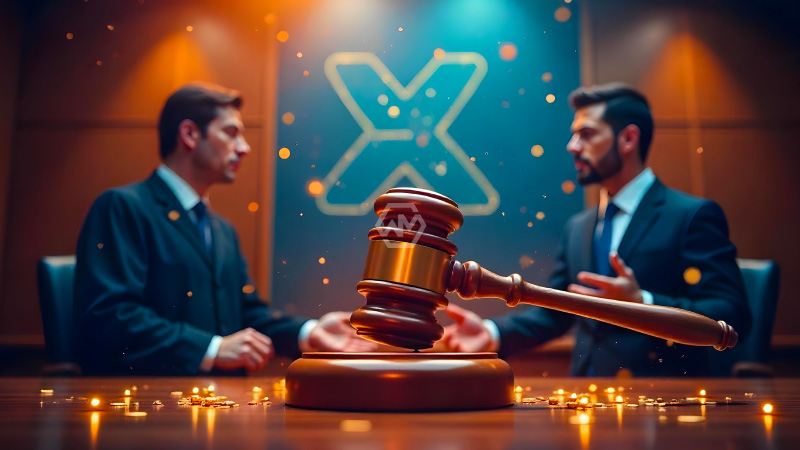- The SEC has filed an appeal regarding certain aspects of its case against Ripple but does not contest XRP’s status as a non-security.
- Ripple’s legal team plans to submit its own appeal shortly, with the entire process expected to last until July 2025.
- The August 2023 ruling by Judge Analisa Torres determined that XRP is not a security when sold on exchanges, while Ripple faces a $125 million fine for other violations.
In the latest development of the SEC‘s case against Ripple, the regulatory body has initiated an appeal that specifically addresses the sales of XRP, yet it refrains from contesting the key ruling that classifies XRP as a non-security.
Ripple’s Chief Legal Officer, Stuart Alderoty, affirmed that the SEC’s appeal does not undermine the existing legal status of XRP. He expressed confidence that this decision will remain the prevailing law.
Ripple’s Legal Battle with SEC: Appeal Process Underway
The SEC’s appeal in its case against Ripple is poised to become a drawn-out legal battle, with potential implications for the broader cryptocurrency landscape. While the SEC seeks to contest certain aspects of the court’s prior decisions—especially concerning the sales of XRP—the cornerstone ruling that XRP is not a security remains intact. This pivotal classification was made in August 2023 and reflects a significant victory for Ripple amid regulatory scrutiny.
Ripple’s legal team, led by Chief Legal Officer Stuart Alderoty, is actively preparing to file a response to the SEC’s appeal. The timeline for the proceedings is expected to extend until July 2025, indicating a protracted legal process. Both parties will engage in a briefing schedule, with the SEC allotted up to 90 days to submit its initial brief, leading to further legal discussions.
As the case unfolds, it highlights the ongoing tension between cryptocurrency innovation and regulatory frameworks. Ripple’s previous ruling not only affirmed the non-security status of XRP but also emphasized the complexity of cryptocurrency regulation in the United States. The final outcomes of these appeals could set critical precedents for the classification and regulatory treatment of cryptocurrencies in the future.
In a landscape characterized by rapid technological change, the ongoing case between the SEC and Ripple underscores the need for clarity in regulatory approaches to cryptocurrencies. Stakeholders in the industry are closely monitoring the developments, as the results may significantly impact how digital assets are perceived and regulated in the U.S.
The SEC’s appeal against Ripple is a significant chapter in the evolving landscape of cryptocurrency regulation, maintaining XRP’s status as a non-security while paving the way for future legal clarifications.
“As the case unfolds, it highlights the ongoing tension between cryptocurrency innovation and regulatory frameworks.”



